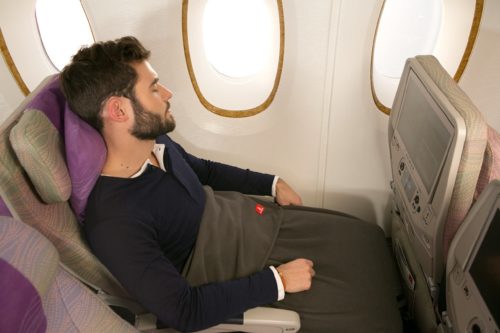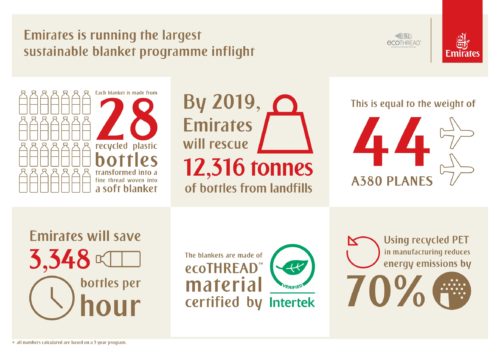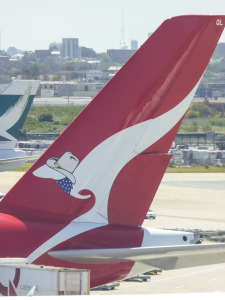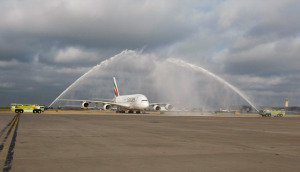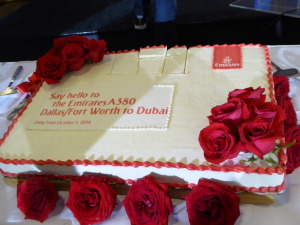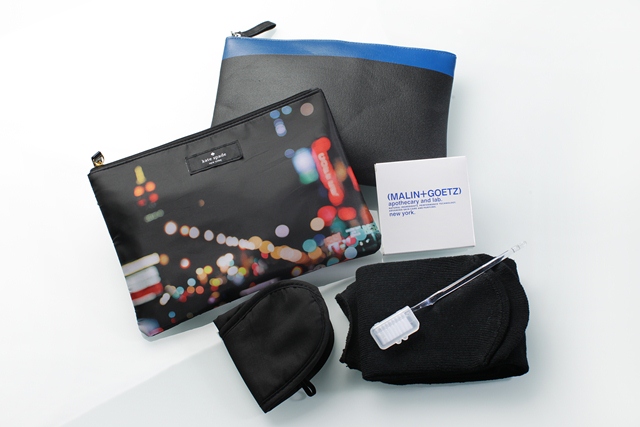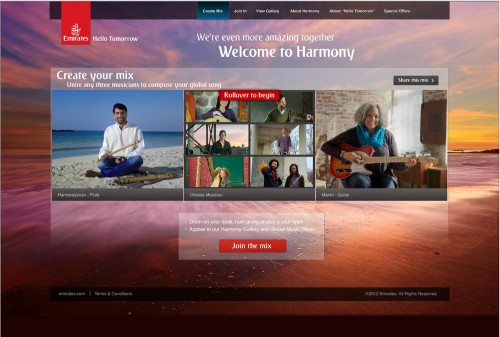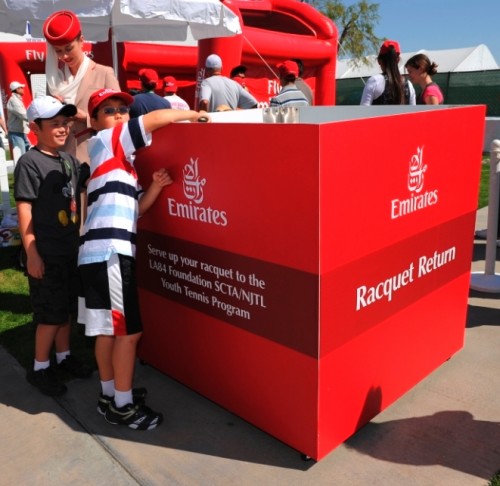With shower-equipped private suites on its A380 airplanes and Bulgari amenity kits and moisturizing pajamas for first class passengers on long-haul overnight flights, Dubai-based Emirates works hard to maintain a high-class image.
And they aren’t resting on their laurels.
As part of the airline’s recent ‘comforter overhaul,’ passengers flying long-haul in the First Class cabin sleep under faux sheep-skin blankets. Those flying Business Class get soft duvets.
And now economy class passengers on long haul flights – who already receive amenity kits filled with useful items such as an eye mask, earplugs, toothbrush, toothpaste and socks – are able to snuggle up beneath environmentally-friendly blankets made entirely from recycled plastic bottles.
Each blanket is made from the equivalent of 28 recycled bottles that have made using the ecoTHREAD patented technology that first turns the bottles into plastic chips, then into yarn, and then into threads of polar fleece material that can be woven into soft blankets.
“I found them to be softer and warmer than the standard blankets most airlines provide,” said Carol Pucci, a travel writer who documented her recent Emirates flight from Seattle to Dubai in the economy cabin.
Like many other airlines, Emirates has sustainability program that includes collecting and recycling aluminum cans, plastic and glass bottles and paper, including magazine and newspapers, used on board.
The ecoThread blankets come to Emirates via Buzz, a company specializing in inflight products.
By adopting the ecoThread blankets for economy class, Emirates says it will reduce energy emissions and, after three years, will have diverted 88 million plastic bottles from landfills – the equivalent weight, the carrier notes, of 44 A380 aircraft.
And while Emirates now claims to have the largest sustainable blanket program in the airline industry, it is not to the first airline to carry the ecoThread blankets onboard.
That honor goes to Australian low-fare carrier Jetstar, which began using the blankets in 2015.

